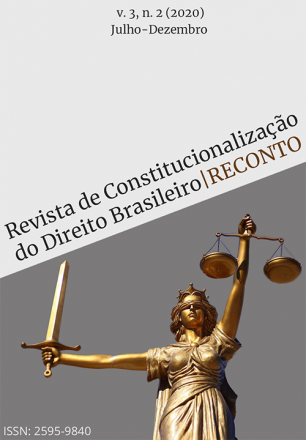A trajetória da constitucionalização da arbitragem no Brasil à luz da Constituição da República de 1988
Revista de Constitucionalização do Direito Brasileiro - RECONTO
A trajetória da constitucionalização da arbitragem no Brasil à luz da Constituição da República de 1988
Autor Correspondente: P. Nalim. | [email protected]
Palavras-chave: arbitragem, constitucionalidade, fundamentalidade.
Resumos Cadastrados
Resumo Português:
O presente artigo tem como objetivo a análise do instituto da arbitragem à luz da Constituição da República Federativa do Brasil. O percurso traçado pela arbitragem, no Brasil, tem intrínseca relação com a Carta de 1988 e é justamente esse caminho que este ensaio examina. Nesta linha, o artigo examina a decisão do Supremo Tribunal Federal que julgou constitucional a Lei de Arbitragem, o que abriu caminho para sua ampla utilização. O segundo item examina a ampliação do escopo da arbitralidade, o que permitiu o crescimento da arbitragem em âmbitos inéditos, como o Direito de Família e o Poder Público. O último item tem caráter prospectivo e examina algumas das consequências da Proposta de Emenda à Constituição n. 108/2015, que pretende incluir a arbitragem como direito fundamental, no rol do art. 5º da Constituição.
Resumo Inglês:
The purpose of this article is to analyze the arbitration institute in the light of the Constitution of the Federative Republic of Brazil. The course traced by arbitration in Brazil has an intrinsic relationship with the 1988 Constitution, and it is precisely this path that this essay examines. In this line, the article examines the decision of the Federal Supreme Court that ruled constitutional the Arbitration Law, which opened the way for its wide use. The second item examines the extension of the scope of arbitration, which allowed the growth of arbitration in other areas, such as Family Law and Public Power. The last item is prospective and examines some of the consequences of the Proposed Amendment to Constitution n. 108/2015, which intends to include arbitration as a fundamental right, in the role of art. 5 of the Constitution.

